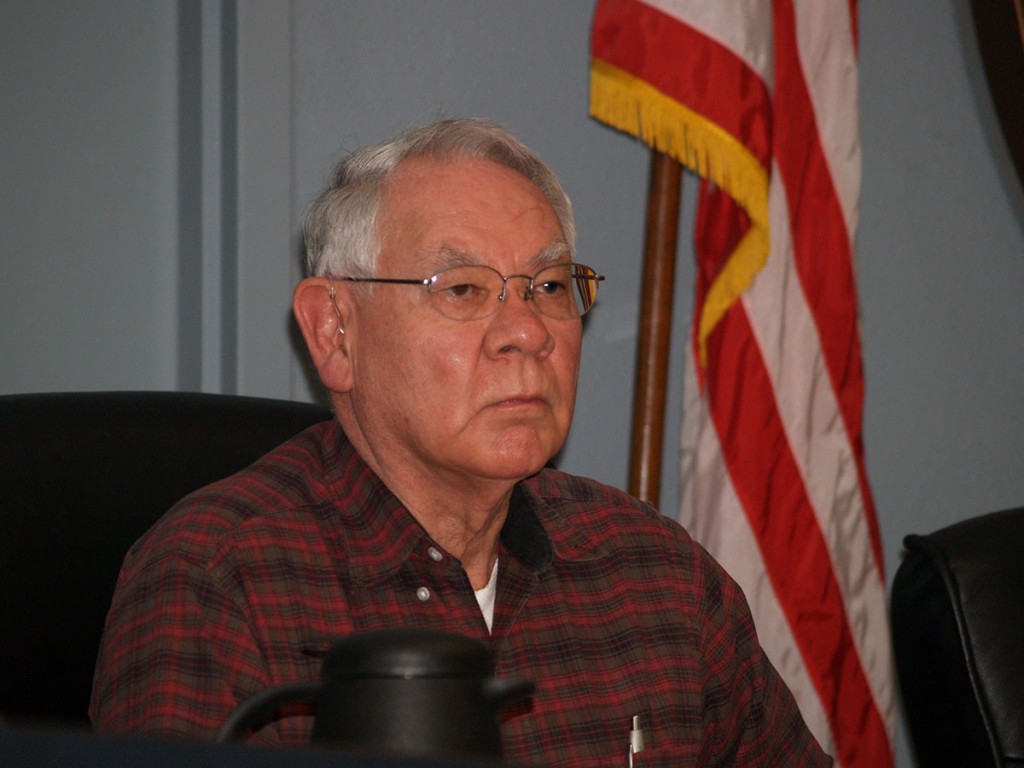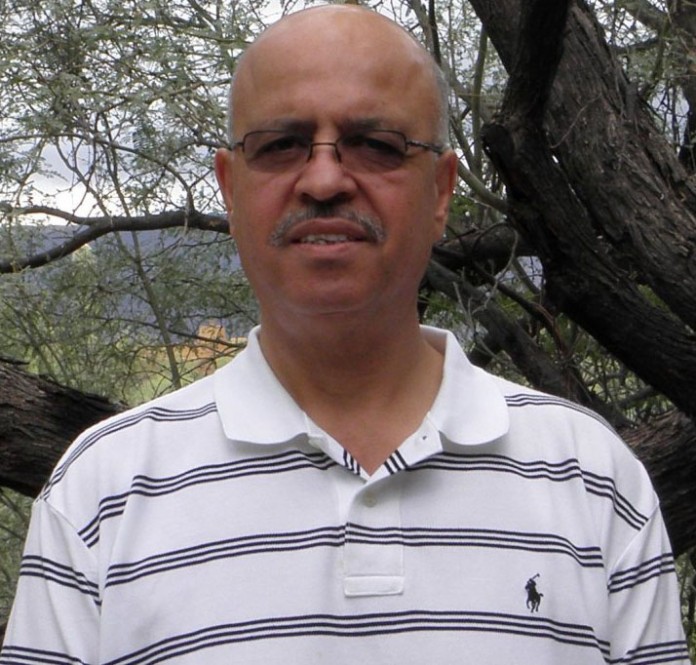PHOENIX – On Oct. 20, 2016, Maricopa County Superior Court Judge Daniel G. Martin granted former Town Manager Usama Abujbarah motion for summary judgment and against Gilbert Lopez.

After Gilbert Lopez lost his defamation complaint against Sonoran News last year, he filed a new complaint against Abujbarah alleging basically the same claims.
The lawsuit against Sonoran News focused on articles and editorials published about Lopez, a former Cave Creek councilman and vice mayor, promising approximately $10,000 to the Carefree-Cave Creek Chamber of Commerce in 2007 to fund a visitor information center.
Lopez, who was the only council member that voted in favor of providing the funds to the chamber, waited until 2013 to deny having made that promise, which was contrary to information provided to Sonoran News prior to the October 2007 council meeting by Abujbarah, who said Lopez came to him for the money because he was under the impression Abujbarah could authorize expenditures up to $10,000.
Abujbarah said he told Lopez he could authorize expenditures up to $10,000 but only if they are budgeted.
The $10,000 wasn’t budgeted so Abujbarah explained the matter had to go to council for approval.
Because Maricopa County Superior Court Judge David M. Talamante denied Lopez’s motion to add Abujbarah as a defendant to the lawsuit against Sonoran News, Lopez decided to file a new complaint against Abujbarah in October 2015, claiming Abujbarah made defamatory statements about him between 2007 and 2013 as a source for stories published in Sonoran News.
Following oral arguments on Sept. 7, 2016 on Abujbarah’s motion for summary judgment, Martin took the matter under advisement.
In his under-advisement ruling, Martin agreed with Abujbarah’s argument that the claims were time-barred by the statute of limitations and that the statements Abujbarah made to Sonoran News were privileged, citing A.R.S. § 12-541, which states, in pertinent part: “There shall be commenced and prosecuted within one year after the cause of action accrues, and not afterward, the following actions:
“1. For malicious prosecution, or for false imprisonment, or for injuries done to the character or reputation of another by libel or slander.”
Martin stated, “Here, the very latest publication on which Lopez could lay his claim for defamation was made on May 22, 2013.”
However, Martin noted Lopez didn’t file his complaint until Oct. 20, 2015.
Lopez argued he did not learn that Abujbarah was the source for the Sonoran News articles until Oct. 20, 2014, when the information was disclosed during litigation with Sonoran News, and asked the court to basically toll the defamation action simply because he didn’t learn of the alleged defamer within the limitations period.
Martin stated Lopez, “through diligent effort, could have discovered the ‘source’ of the articles.”
Lopez also argued there should be an additional exception for the “reporter-source relationship.”
However, Martin held there is no case law or other authority to support that position.
Martin went on to state, “Further, plaintiff’s argument is belied by the fact that while he was in litigation with Sonoran News, that publication readily disclosed defendant as the source of the articles about which plaintiff was complaining.”
Regarding privilege, Martin quoted from Sonoran News’ motion for summary judgment, which argued, among other things, “that the statements at issue are privileged because they are true, or substantially true.”
In his order, Talamante wrote, “Notwithstanding the hyperbole, the statements published by the defendants in this case are substantially similar to what plaintiff stated on the record at the town council meeting. In light of the evidence presented, the court does not find that plaintiffs can sustain the defamation cause of action,” as he granted Sonoran News’ motion for summary judgment.
Martin wrote, “Here the court finds that there are no genuine issues of material fact and that the defendants are entitled to judgment as a matter of law.”





